Vayera
This week Vayera opens with Avraham sitting in his tent. In the opening words of this parashah, God appeared to Avraham, but then in the next verse we read that Avraham lifted his eyes and perceived three men were standing over him. And then he ran towards them.
I find this sequence confusing – who actually appeared to Abraham? God? Three men? Three Angels? And if they were standing over him, to whom did Avraham run towards?More

 I look out onto our back porch and marvel again at this conjunction of joyous seasons. Our sukkah is up and colorful with hanging fabric walls, flowers, banana plant leaves and palm branches, a lulav and Etrog are awaiting to be shaken on the first morning of Sukkot – which also happens to be Canadian Thanksgiving.
I look out onto our back porch and marvel again at this conjunction of joyous seasons. Our sukkah is up and colorful with hanging fabric walls, flowers, banana plant leaves and palm branches, a lulav and Etrog are awaiting to be shaken on the first morning of Sukkot – which also happens to be Canadian Thanksgiving.
Chaye Sarah
November 13, 2022 by Rabbi Lynn Greenhough • From the Rabbi's Desk Tags: chaye sarah, First Nations, Indigenous people, Jennifer Karmona •
There is such a wonderful walking rhythm to our Torah readings, especially perhaps in the Book of Bereshit, Genesis. It can feel like we are actually moving our feet, alongside Avraham and Sarah. These stories, even with all their fractiousness intact, help us walk through our own lives. This week, in Chaye Sarah, we read about the death of Sarah. Death and life, tumah (impurity) and tahor (purity) inform much of Torah. How do we bring these sensibilities forward from their lives to ours?
More